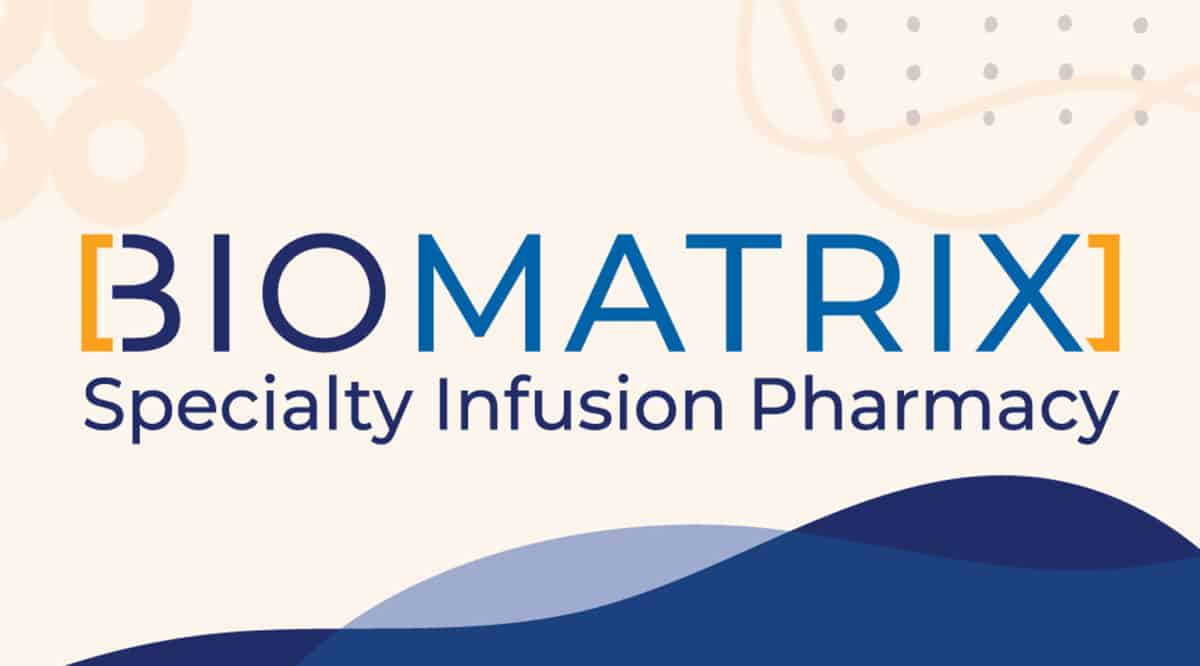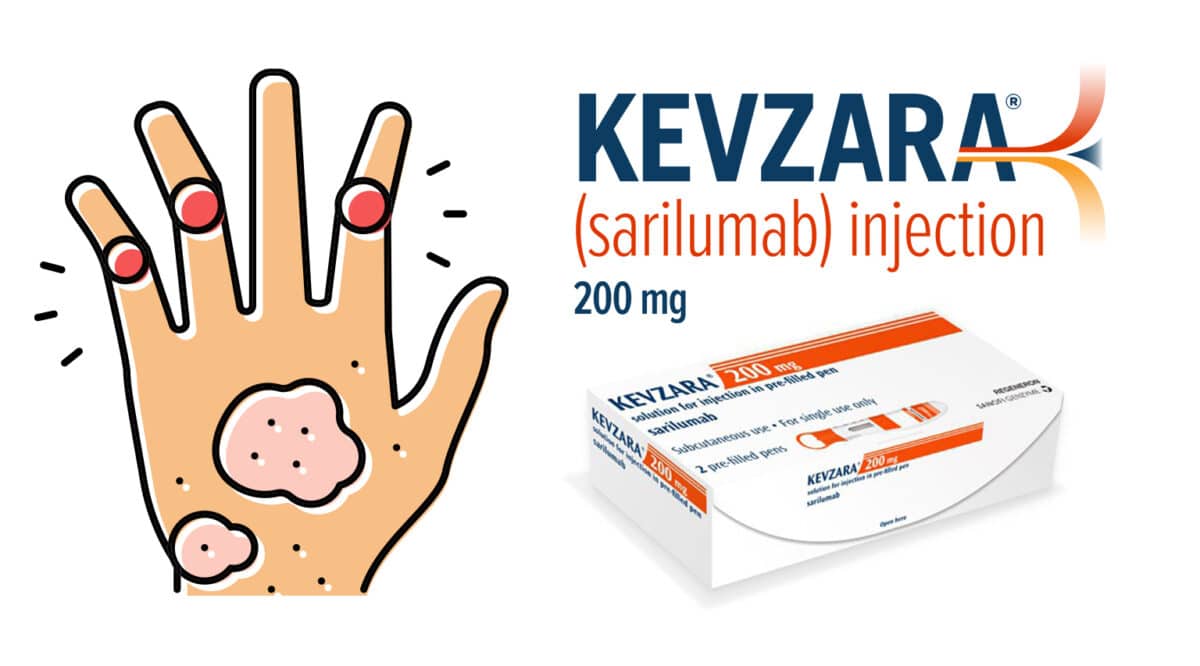Artificial Intelligence (AI) is one of the leading topics in media today. But, for many people AI is about as easy to explain as Crypto Currency.
For those that work in pharmacy the application of AI is still rudimentary. Our Report today hopes to ramp up your understanding of how AI will impact the practice of pharmacy in profound ways.
A superb article (see below) that focuses on Artificial Intelligence and Pharmacy will seriously ramp up your personal intelligence level on the subject. Here are some highlights to prompt your curiosity.…..
How long has AI been around?
Alan Turing’s seminal work, “Computing Machinery and Intelligence,” published in 1950, marked the beginning of the artificial intelligence (AI) debate.
What is the definition of AI?
One of the earliest definitions popped up in media in 2004 and defined AI as “the science and engineering of making intelligent machines, especially intelligent computer programs.
How is AI defined today, 20 years later? And what is Machine Learning?
- Artificial intelligence (AI) is a set of technologies that enable computers to perform a variety of advanced functions, including the ability to see, understand and translate spoken and written language, analyze data, make recommendations………
- Machine learning (ML) is a subfield of artificial intelligence that gives computers the ability to learn without explicitly being programmed and with the intellectual processes that are characteristic of humans, such as the ability to reason.
AI can help doctors and medical providers deliver more accurate diagnoses and treatment plans. Also, AI can help make healthcare more predictive and proactive by analyzing big data to develop improved preventive care recommendations for patients.
How can AI impact the Practice of Pharmacy?
AI technologies provide pharmacists with tools and systems that help them make accurate and evidence-based clinical decisions. By using AI algorithms and ML, pharmacists can quickly analyze large amounts of patient data, including medical records, lab results and medication profiles. This allows them to identify potential drug-drug interactions, assess the safety and efficacy of medicines, and personalize treatment plans.
How will AI impact Pharmacy in the future?
- AI will not only detect adverse drug events but will predict them. AI will, assist clinical decision support systems with medication-related decisions, automate dispensing processes pharmacies, optimize medication dosages, detect drug-drug interactions, improve adherence through smart technologies, and more.
- AI will be used to improve service delivery / efficiency. Chatbots will simulate interactions between customers and customer service representatives. Chatbots will automatically resolve customer complaints and queries, and route difficult questions to human staff. Chatbots in pharmacies can be programmed to simulate interactions between pharmacists and patients.
- AI will improve operations through inventory management to predict patients’ future requirements, stock them, and use personalized software to send e-mails to remind patients of drug requirements.
- AI will control prescription fulfilment with robotic systems picking and packing. Such early systems are already demonstrating that these systems can deliver orals and injectables with a higher level of accuracy than human fulfillment. Automated system capabilities have successfully demonstrated the ability to prepare sterile preparations for chemotherapy as well as fill intravascular syringes with the appropriate medications.
What will the new world of AI in Pharmacy be called?
The authors suggest the term “pharmacointelligence,” i.e., the integration of AI/ ML and similar advanced technologies into pharmacy practice with the sole aim of improving patient care and safety.
How should schools of Pharmacy respond to AI?
The authors also recommend that the concepts of AI/ ML be incorporated into the pharmacy curriculum and stakeholders should be kept abreast of innovations in this field through continuous education. As these technologies evolve at a rapid pace, the education system for pharmacists must adapt to ensure that our profession is prepared to lead these changes in care.
*******
HAL9000 strongly suggests that you READ the full article….. !
——————————————————————————————–
Artificial Intelligence in the Field of Pharmacy Practice:
A literature review





